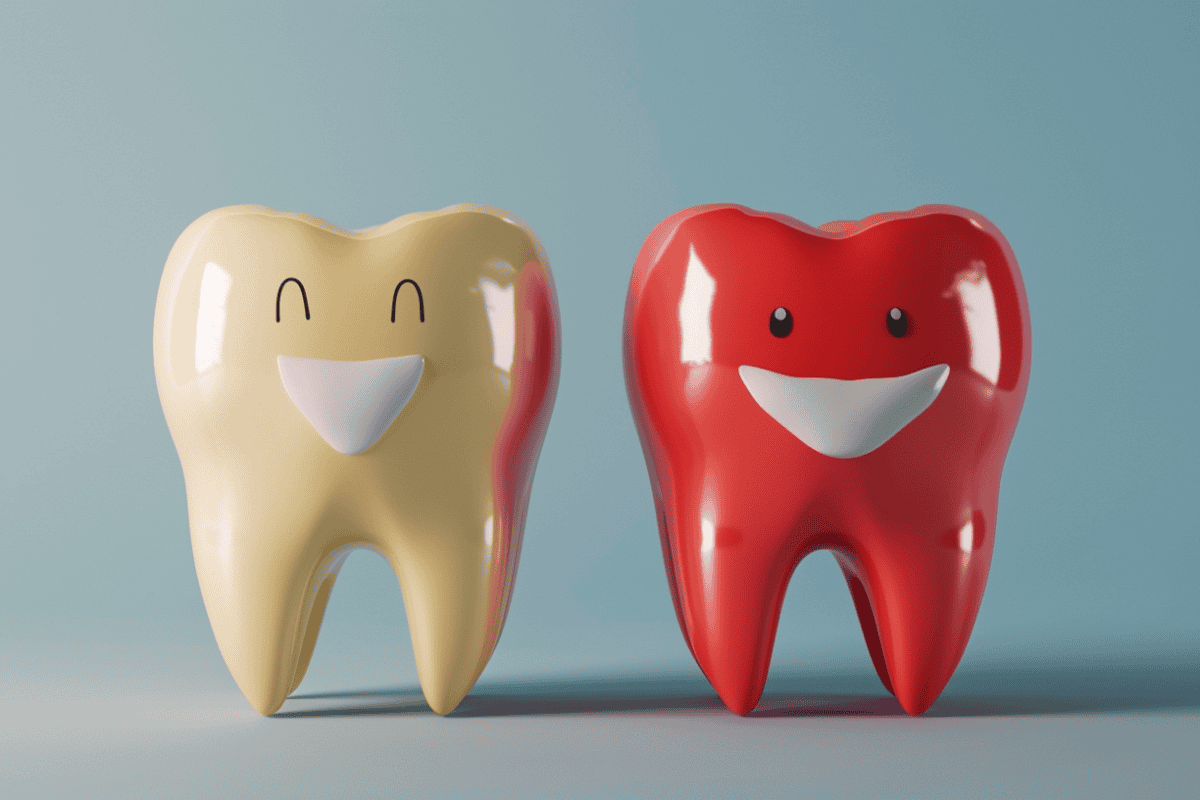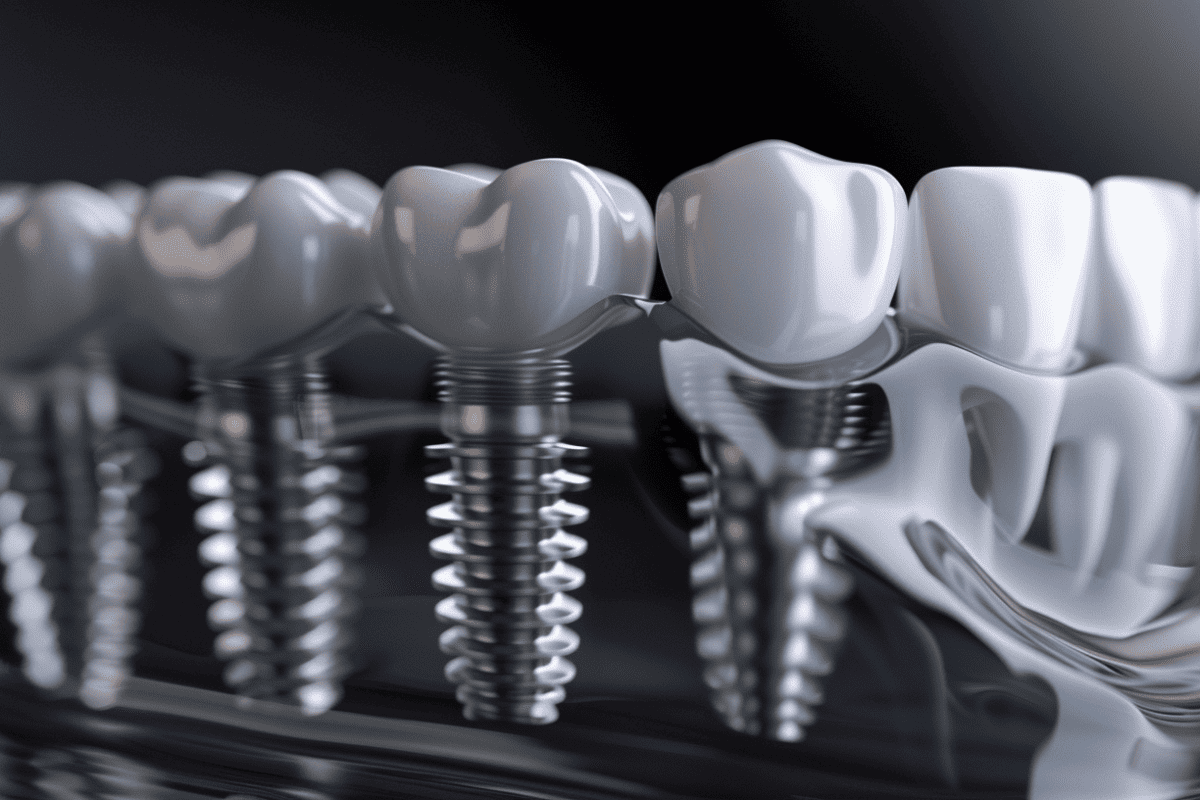In Canada, over 84% of Canadians report having good or excellent oral health. That said, about 58% of adolescents and 23% of children have at least one decayed tooth and may eventually lose it over time.
Losing a tooth not only affects your confidence while smiling or conversing with other people, but it can also cause problems to your overall oral health. This includes jawbone and gum recession, increased risk of gum diseases, crooked teeth, and bite problems. Fortunately, there are ways you can replace a missing tooth, and one of the best options is a dental implant.
Whether you’re thinking of getting dental implants in Etobicoke or one in your locality, or perhaps, you already have one, this article shares some tips to help you care for your dental implants.
1. Maintain Good Oral Hygiene
In general, caring for your dental implant is similar to caring for your natural teeth. After all, a dental implant is just an artificial replacement for a natural tooth. That said, it’s essential to maintain a good oral hygiene routine.
Below are some of the basics of a good oral care routine:
- Brush Twice A Day
Experts recommend brushing both your natural teeth and dental implant twice a day. Preferably, you want to brush your teeth after every major meal, as this helps prevent bacteria and food debris from accumulating in your mouth.
- Floss Every Day
You should also build a habit of flossing every day. Flossing allows you to reach the spaces between your teeth where food debris and bacteria tend to get stuck and accumulate.
- Visit Your Dentist Regularly
In addition to your everyday oral habit, it’s also best to visit your dentist for your regular checkups and cleanings. Not only can they help in preventing oral issues from worsening, but they can also check the condition of your dental implants.
2. Get The Right Supplies
To ensure that you properly care for your dental implants, you need to get the right supplies. For starters, you need a soft-bristled toothbrush. If you’ve been using hard-bristled toothbrushes, getting dental implants in Etobicoke means you’ll need to switch to softer ones. For one, a softer bristle allows for gentle cleaning of your dental implants, preventing too much pressure and scratching the surface of your implants.
Some dentists may also recommend purchasing an electric toothbrush for better care of dental implants, particularly if you struggle with the proper brushing technique. In addition to flossing, you may also consider getting a small interdental brush that helps you clean around your implant. Just make sure to use a non-mental interdental brush that can scratch the implant surface. A much gentler option is to get a water flosser that can help clean around dental implants and is much easier to use.
Lastly, you need to get low-abrasive toothpaste. Most toothpaste may have abrasive microscopic ingredients that can damage your natural teeth’s enamel as well as your implant’s surface. Over time, this can weaken your teeth and implant, making them more prone to cracking or chipping. And in general, toothpaste advertised with whitening formula often has abrasive ingredients.
To determine the abrasiveness of your toothpaste, look for its Relative Dentin Abrasion (RDA) rating. Toothpaste ranging from 0-70 rating is considered low abrasive. Meanwhile, medium abrasive kinds of toothpaste consist of 70-100 RDA ratings. Toothpaste with an RDA rating of over 100 is considered harmful for longer use.
3. Avoid Things That Can Damage Your Dental Implants
Depending on the materials used, dental implants are designed to mimic the natural strength of natural teeth. However, as you probably know, both natural teeth and dental implants are not completely indestructible. Plus, certain behaviors can increase the risk of them chipping or becoming damaged.
Things such as chewing on ice, nail-biting, chewing on hard foods, or teeth grinding and clenching can potentially damage your dental implants and their attached prosthetic. In case you have teeth grinding and clenching habits when sleeping, you may need to ask your dentist about a nightguard.
Other bad habits that can cause damage to your dental implants, as well as your natural teeth, are drinking alcoholic beverages and smoking. Alcohol is high in acidic levels, promoting tooth decay in antral teeth. In terms of dental implants, alcohol consumption can slow down the full healing of your dental implant surgery.
The same goes for your smoking. Smoking can slow down the healing process while also weakening and causing inflammation around your gums and also causing implant failure. Plus, smoking could stain your new implants and causes a wide range of issues not only for your oral health but also your overall well-being.
Takeaway
Dental implants can be long-lasting and are a better alternative to a removable denture or bridge to replace your missing tooth. That said, to reap its full benefits and ensure it lasts, it’s essential to observe good oral habits when caring for your dental implants. As a good start, you can keep in mind the tips mentioned above and talk to your dentist and enjoy a healthier and more beautiful smile.
Digital Health Buzz!
Digital Health Buzz! aims to be the destination of choice when it comes to what’s happening in the digital health world. We are not about news and views, but informative articles and thoughts to apply in your business.


